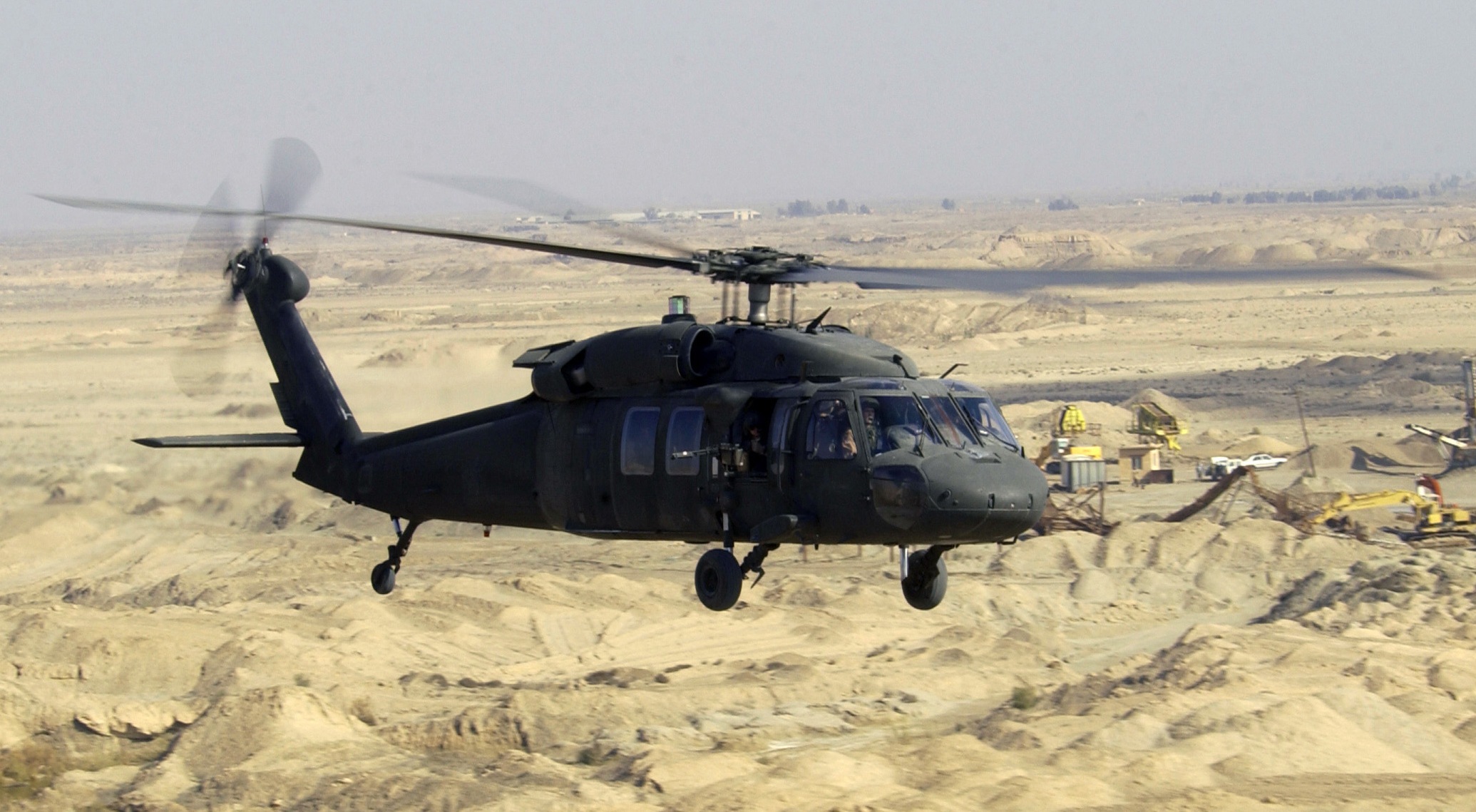UH 60 Black Hawk Helicopter Versions and Their Uses
UH 60 Black Hawk Helicopter Versions and Their Uses
Blog Article
The Impact of Sustainable Practices on the Future of Airplane Operations and Emissions Reduction
As the aviation market faces boosting analysis over its ecological impact, the fostering of lasting practices emerges as a crucial pathway toward future aircraft procedures and emissions reduction. Innovations in sustainable aviation gas and developments in crossbreed propulsion innovations stand at the leading edge of this change, promising significant reductions in greenhouse gas exhausts. The effective assimilation of these initiatives hinges on a selection of elements, including governing frameworks and market partnership. The concern remains: just how will these progressing practices reshape the characteristics of flight and contribute to an extra lasting future?

Overview of Sustainable Practices
Sustainable practices in aircraft procedures incorporate an array of approaches targeted at decreasing ecological influence while keeping functional effectiveness. These methods are vital in the aviation industry's dedication to lessening its carbon footprint and sticking to global ecological requirements. Key campaigns consist of enhancing trip paths to lower fuel usage, enhancing maintenance methods to guarantee airplane run at peak efficiency, and executing advanced innovations such as winglets and light-weight products that boost aerodynamics.

Engaging and educating personnel on sustainability techniques additionally play an important duty, fostering a culture of environmental obligation within organizations. In general, the combination of these sustainable methods not only assists reduce emissions however likewise boosts the lasting stability of the aviation sector, guaranteeing it meets the needs of both clients and governing bodies while adding to global sustainability goals.
Innovative Fuel Alternatives
Numerous cutting-edge gas choices are arising as pivotal solutions to decrease the aviation market's dependence on traditional fossil gas. Amongst these options, Lasting Air travel Gas (SAFs) have acquired significant focus as a result of their possible to lower lifecycle greenhouse gas exhausts by as much as 80% compared to standard jet fuels. SAFs are originated from different feedstocks, including waste oils, agricultural residues, and also algae, making them a functional choice for the industry.
An additional encouraging option is hydrogen fuel, which, when used in fuel cells, generates just water vapor as a by-product. This zero-emission potential presents a substantial chance for decarbonizing flight operations, specifically for short-haul trips and regional aircraft. In addition, electrical propulsion systems are being checked out, leveraging battery modern technology to power aircraft. While current battery capability limits array and haul, ongoing improvements may quickly provide electric flights sensible for specific applications - uh 60.
Lastly, biofuels originated from biomass are being checked out, using a renewable option that can be mixed with conventional gas. Jointly, these innovative gas choices stand for a vital step toward accomplishing a sustainable aviation community, lining up with international emissions reduction targets and boosting the industry's environmental stewardship.
Technological Improvements in Air Travel

Exactly how can technical advancements reshape the future of air travel? The assimilation of sophisticated modern technologies is essential in changing airplane procedures, enhancing efficiency, and decreasing emissions. Advancements such as hybrid and electrical propulsion systems Click Here are at the forefront, promising substantial reductions in gas usage and greenhouse gas emissions. These systems utilize advancements in battery modern technology and power management, enabling airplane to operate with a lower environmental footprint.
Additionally, the implementation of innovative products, such as lightweight composites, adds to boosted the rules of aerodynamics and fuel performance. The usage of expert system and device learning in flight procedures maximizes path planning and decreases gas burn by enabling real-time changes based on weather condition and web traffic conditions. In addition, the development of independent and remotely piloted airplane systems stands to revolutionize freight and passenger transport, potentially enhancing effectiveness while reducing human mistake.
Additionally, lasting aeronautics modern technologies, consisting of sophisticated air web traffic management systems, can lower and simplify operations blockage, causing lower emissions during flight. These improvements jointly stand for a standard change in aviation, assuring a future where sustainability and functional efficiency are linked, thus sustaining the industry's commitment to minimizing its ecological impact.

Governing Framework and Conformity
Taking into account the growing emphasis on ecological stewardship within the air travel field, the governing structure controling airplane procedures is developing to promote sustainable techniques. Regulatory bodies, such as the International Civil Aeronautics Organization (ICAO) and numerous nationwide air travel authorities, are introducing rigorous guidelines targeted at reducing discharges and enhancing functional efficiency.
These laws commonly include the adoption of Lasting Air travel Gas (SAF), which has been recognized as a crucial element in attaining reduced carbon footprints. Conformity with these regulations requires airline companies to execute operational practices and innovative innovations, such as enhanced flight paths and enhanced air traffic administration, to minimize gas consumption.
In addition, the enforcement of exhausts trading systems and carbon offsetting campaigns is coming to be increasingly common, compelling airlines to check and report their emissions properly. Non-compliance can cause considerable charges, therefore pressing drivers to prioritize sustainability in their organization versions.
Eventually, the evolving regulative landscape not just drives advancement and financial investment in environment-friendly modern technologies however also fosters a culture of accountability within the air travel market. As these structures continue to develop, the concentrate on sustainable methods will be essential to attaining the industry's long-lasting environmental goals.
Future Fads in Aircraft Operations
As the aeronautics industry adapts to an increasingly rigorous regulatory environment, future patterns in aircraft operations are readied to focus on ingenious remedies that further enhance sustainability and efficiency - uh 60. Secret advancements will likely include the fostering of advanced air website traffic administration systems, which make use of real-time data and expert system to optimize flight courses, lowering gas intake and exhausts
Another substantial pattern is the boosted assimilation of lasting aeronautics gas (SAFs) These choices to conventional jet fuel, originated from sustainable resources, can dramatically lower company website lifecycle greenhouse gas emissions. The industry's dedication to SAFs will likely increase as airlines team up with fuel manufacturers to ensure availability and cost-effectiveness.
Furthermore, the push in the direction of electrification and crossbreed propulsion systems is acquiring momentum. Emerging airplane designs will certainly include these innovations, supplying quieter and extra reliable operations, particularly for short-haul trips.
Final Thought
The adoption of lasting aeronautics fuels, coupled with advancements in electrical and hybrid propulsion systems, is important for lessening lifecycle greenhouse gas discharges. Enhancing flight paths and welcoming cutting-edge innovations contribute to a quieter and much more eco friendly aviation sector.
Innovations in sustainable aeronautics fuels and innovations in crossbreed propulsion innovations stand at the leading edge of this transformation, appealing significant decreases in greenhouse gas emissions.Countless ingenious fuel choices are emerging as crucial solutions to minimize the aeronautics market's reliance on traditional fossil fuels - uh 60. Amongst these choices, Sustainable Aviation Gas (SAFs) have acquired significant focus due to see this here their prospective to decrease lifecycle greenhouse gas discharges by up to 80% contrasted to conventional jet fuels.An additional substantial pattern is the boosted assimilation of sustainable aviation fuels (SAFs) The adoption of lasting air travel fuels, coupled with developments in hybrid and electric propulsion systems, is essential for decreasing lifecycle greenhouse gas discharges
Report this page